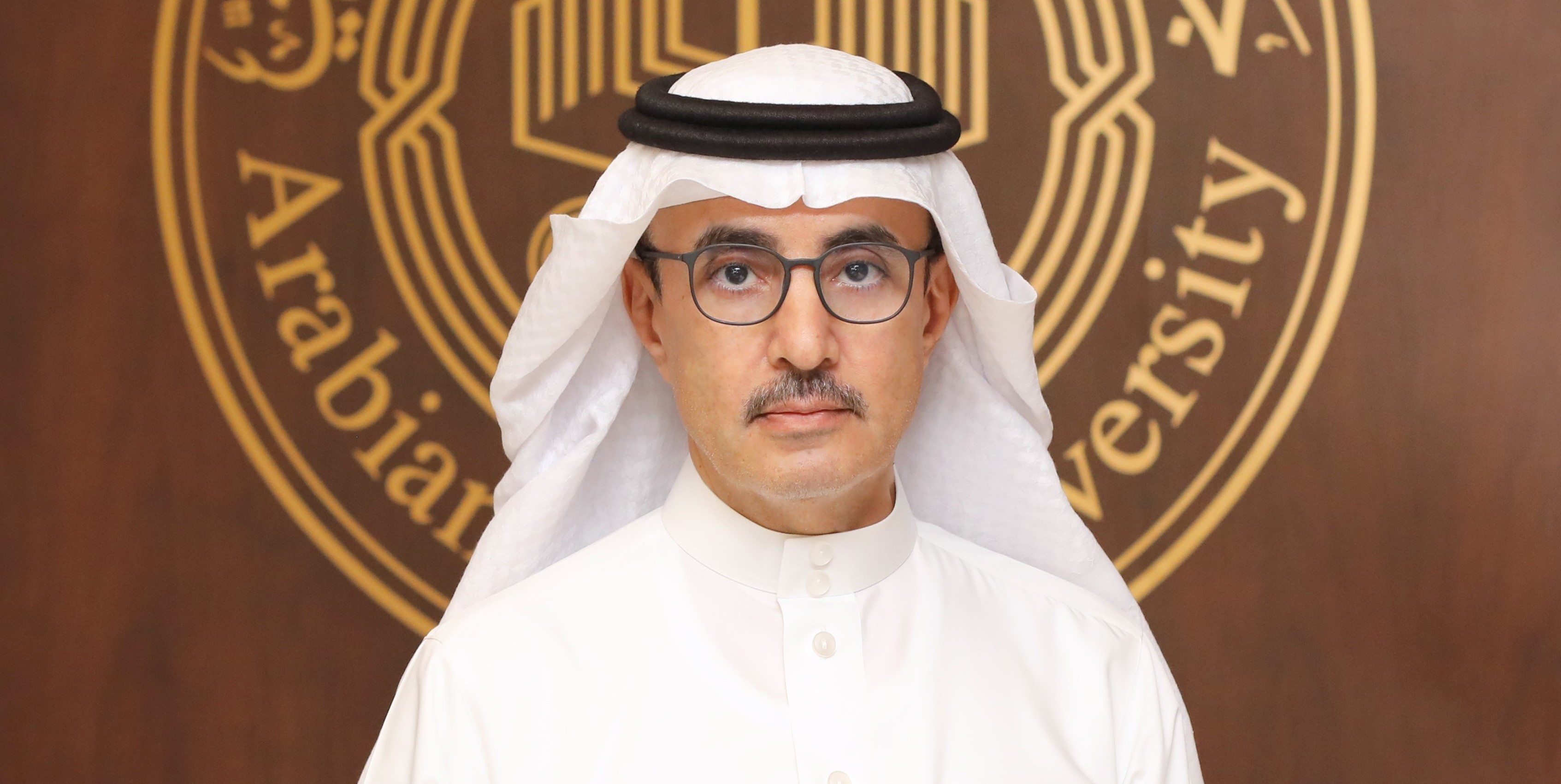
10th AGU Integrated Water Resources Management Cohort Graduates Tomorrow
Arabian Gulf University
08 Oct, 2025
Under the auspices of His Excellency Dr Saad bin Saud Al Fuahaid, President of Arabian Gulf University (AGU), the graduation ceremony for the tenth cohort of Integrated Water Resources Management Diploma students will be held tomorrow, Thursday evening. The programme is implemented by the UN Water Learning Centre for the Arab Region (UN-WLC) at AGU. The ceremony will graduate 19 young Arab participants working in various water sectors, representing ten Arab countries: Bahrain, Saudi Arabia, Kuwait, Oman, Jordan, Palestine, Syria, Sudan, Egypt, and Yemen.
Dr Waleed Zubari, Dean of the College of Education, Administrative and Technical Sciences, Professor of Water Resources at AGU, and Programme Coordinator, stated that the tenth cohort’s research projects address a range of regionally important topics while taking into account the social, economic, and environmental dimensions of water resource management, such as: developing a drinking water safety plan in Sudan; characterising and evaluating the performance of the Sulaibiya Wastewater Treatment Plant in Kuwait; evaluating household water auditing techniques to enhance water and energy efficiency in Jordan; conducting an integrated environmental assessment of a water basin in Syria; evaluating the effectiveness of water loss reduction programs in Oman; using solar power to extract groundwater for displaced persons in Yemen.
Other projects include optimal design for the disposal of desalination wastewater in Bahrain; developing key performance indicators related to the reuse of renewable water in Saudi Arabia; analysing the agricultural characteristics of palm cultivation using treated wastewater; evaluating the economic and environmental impact of water-saving devices in Bahrain; evaluating the potential and barriers to reusing treated wastewater for firefighting in Bahrain; integrated emergency planning for the water sector in Gaza; assessing drinking water quality using the Water Quality Index in the West Bank; water modelling in Salman City, Bahrain, among other projects.
The research projects were supervised by a select group of AGU professors and collaborating specialists from outside the university in the fields of water, environment, social sciences, and economics. The programme employs a “dual system” approach: regular in-person study for short periods totalling four weeks, complemented by distance learning. The delivery method emphasises self-study, assignments, and remote dialogue with professors, including the submission of a practical project and a final examination, upon which the certificate is awarded.
The UN-WLC was established in 2007 under a cooperation agreement between AGU and the International Institute for Water, Environment and Health, Canada. The programme enjoys the support of key funding bodies. The Arab Fund for Economic and Social Development offers five scholarships to candidates from lower-income Arab states; the Supreme Council for the Environment offers five scholarships to Bahraini students; the Saudi General Irrigation Authority offers three slots; the Electricity and Water Authority offers three slots; the Kuwait Foundation for the Advancement of Sciences offers one scholarship to a Kuwaiti participant; and UNESCO offers two scholarships to Arab students. Nine previous cohorts have graduated the programme while today marks the tenth cohort, bringing the total number of graduates to 141 from various Arab countries.
Delivered by AGU in cooperation with United Nations University, this multidisciplinary programme aims to build the capacities of water professionals in integrated water-resources management and to foster comprehensive administrative thinking on all aspects of water resources and related challenges in the Arab region. Participants complete graduation projects that apply integrated management principles to water-sector problems in their home countries. Graduates achieving an overall mark of 80% or above may proceed directly to the Master’s programme in Water Resources Management, offered by AGU, subject to standard admission requirements.
